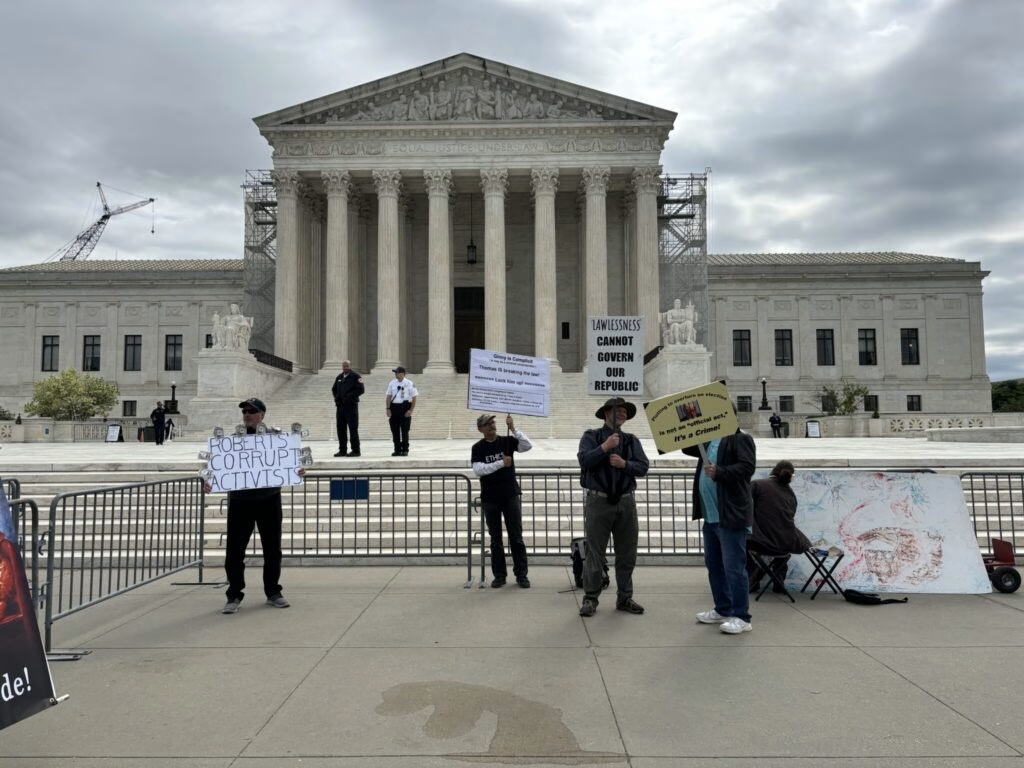

By: Alex Brown
U.S. Supreme Court justices heard oral arguments last week in a case that could allow states to challenge federal environmental rules in more favorable courts.
The case could determine whether certain U.S. Environmental Protection Agency regulations are reviewed in the U.S. Court of Appeals for the District of Columbia Circuit — which has more liberal judges — or in regional courts, where certain states and industry groups would prefer to make their arguments.
The dispute centers around EPA’s decision that 21 states’ plans for ozone pollution failed to meet federal Clean Air Act standards. Oklahoma and Utah challenged that disapproval in the 10th U.S. Circuit Court of Appeals, which spans six Western states. The federal agency argued the challenge should be heard in the D.C. Circuit.
The D.C. Circuit is the venue for lawsuits over rules that are national in scope, while local or regional issues are heard in regional circuit courts. The EPA argues that it used a consistent methodology for all 21 denials, making it an issue that should be resolved nationally in a single court. Oklahoma and Utah contend that regional courts are better suited to account for state-specific factors.
During oral arguments, Justice Neil Gorsuch seemed to question the notion that states should bring their challenges to regional courts.
“[Air pollution] crosses the country in ways that don’t respect our jurisdictional boundaries between circuits,” he said.
Gorsuch suggested such an approach could create confusion, if states bring challenges to varying regional courts that issue conflicting rulings.
“We’re going to have different interpretations of the statute with different — different circuits and all these terrible splits and — and, gosh, we won’t have the immediate resolution of the D.C. Circuit that we could have,” he said.
Meanwhile, Justice Ketanji Brown Jackson noted that state-specific factors informed each EPA denial.
“It matters that you are Denver versus, you know, Arizona or whatever in terms of how the modeling works,” she said.